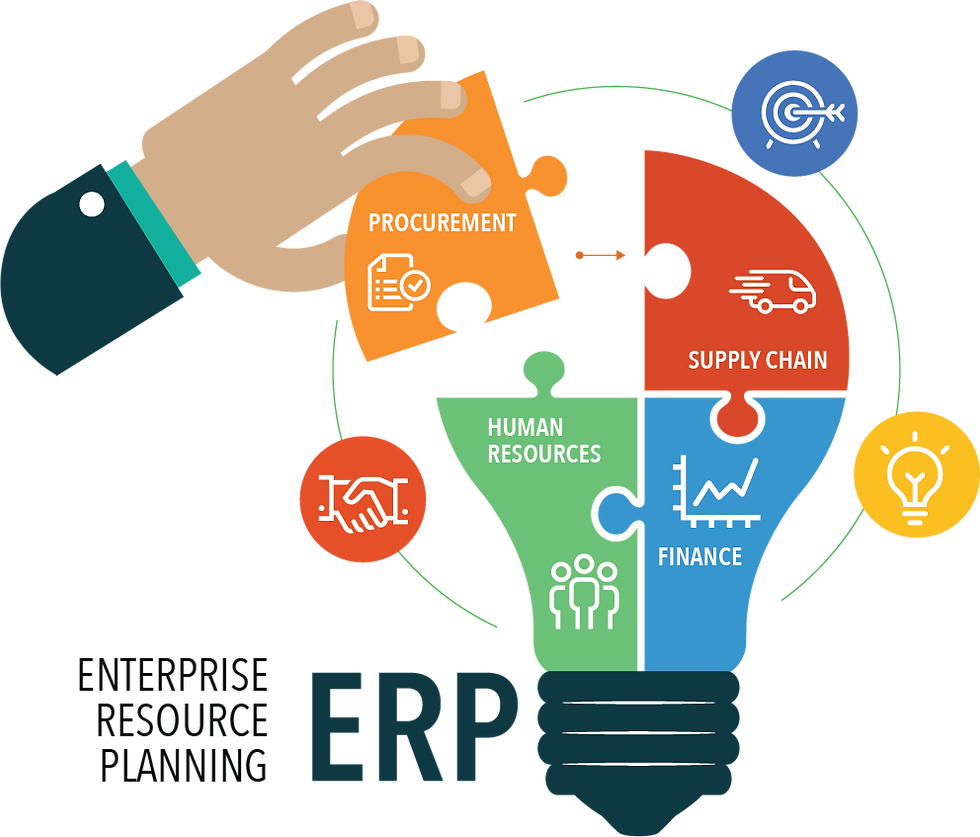Streamlining Library Operations: A Comprehensive Look at Managing Diverse Media with a Library
- solutionscakiweb
- Nov 17, 2023
- 2 min read
Libraries have long been the guardians of knowledge, housing a vast array of resources ranging from traditional books to modern digital content. As these repositories of information evolve, the need for a robust and versatile Library Management System (LMS) becomes increasingly paramount. Among its many functionalities, one of the most crucial aspects of an LMS is its ability to efficiently handle various types of media within the library, catering to diverse formats like books, CDs, reports, and equipment seamlessly.
Embracing Diversity in Library Collections
A thriving library is often characterized by its diverse collection, accommodating the preferences and needs of a wide audience. The days of exclusively housing print materials are long gone; libraries now encompass an eclectic mix of media. A powerful LMS plays a pivotal role in managing this diversity, offering comprehensive solutions to organize, track, and retrieve these varied resources.
Keywords in a Library Management System
Categorization and Organization: An efficient LMS enables librarians to classify different types of media into distinct categories or formats. By assigning specific metadata and keywords to each item, it becomes simpler to organize and retrieve them. For instance, assigning tags such as "book," "CD," "report," or "equipment" allows for easy sorting and searchability.
Cataloging and Indexing: Cataloging diverse media involves detailed descriptions, including titles, authors, publishers, release dates, and unique identifiers. A sophisticated LMS simplifies this process, allowing for meticulous cataloging of each media type, ensuring accuracy and accessibility.
Check-out and Check-in Systems: Handling various media types involves different lending and return protocols. An adaptable LMS manages these intricacies efficiently, maintaining separate workflows for books, CDs, reports, and equipment, while streamlining the check-out and check-in processes.
Maintenance and Circulation Management: Libraries often need to manage the maintenance and circulation of specialized equipment alongside traditional media. An advanced LMS monitors the status of equipment, tracks its availability, and schedules maintenance, ensuring seamless utilization by library patrons.
Advantages of an Integrated LMS for Diverse Media
Implementing a sophisticated LMS tailored to handle multiple media types presents several advantages:
Enhanced Accessibility: Patrons can easily locate and access various resources, fostering inclusivity and catering to different learning styles and preferences.
Improved Efficiency: Automation of processes like cataloging, inventory management, and circulation reduces manual efforts, enabling librarians to focus on higher-value tasks.
Accurate Tracking and Reporting: Detailed tracking and reporting features of an LMS provide valuable insights into media usage patterns, aiding collection development strategies.
Flexibility and Scalability: An adaptable LMS can accommodate evolving library needs, allowing for the seamless integration of new media formats or technologies.
Conclusion
A robust Library Management System that efficiently handles various media types, be it books, CDs, reports, or specialized equipment, serves as the backbone of a modern library. By embracing technological advancements in library management, institutions can elevate user experiences, streamline workflows, and continue to serve as invaluable hubs of knowledge and information for their communities.




Comments